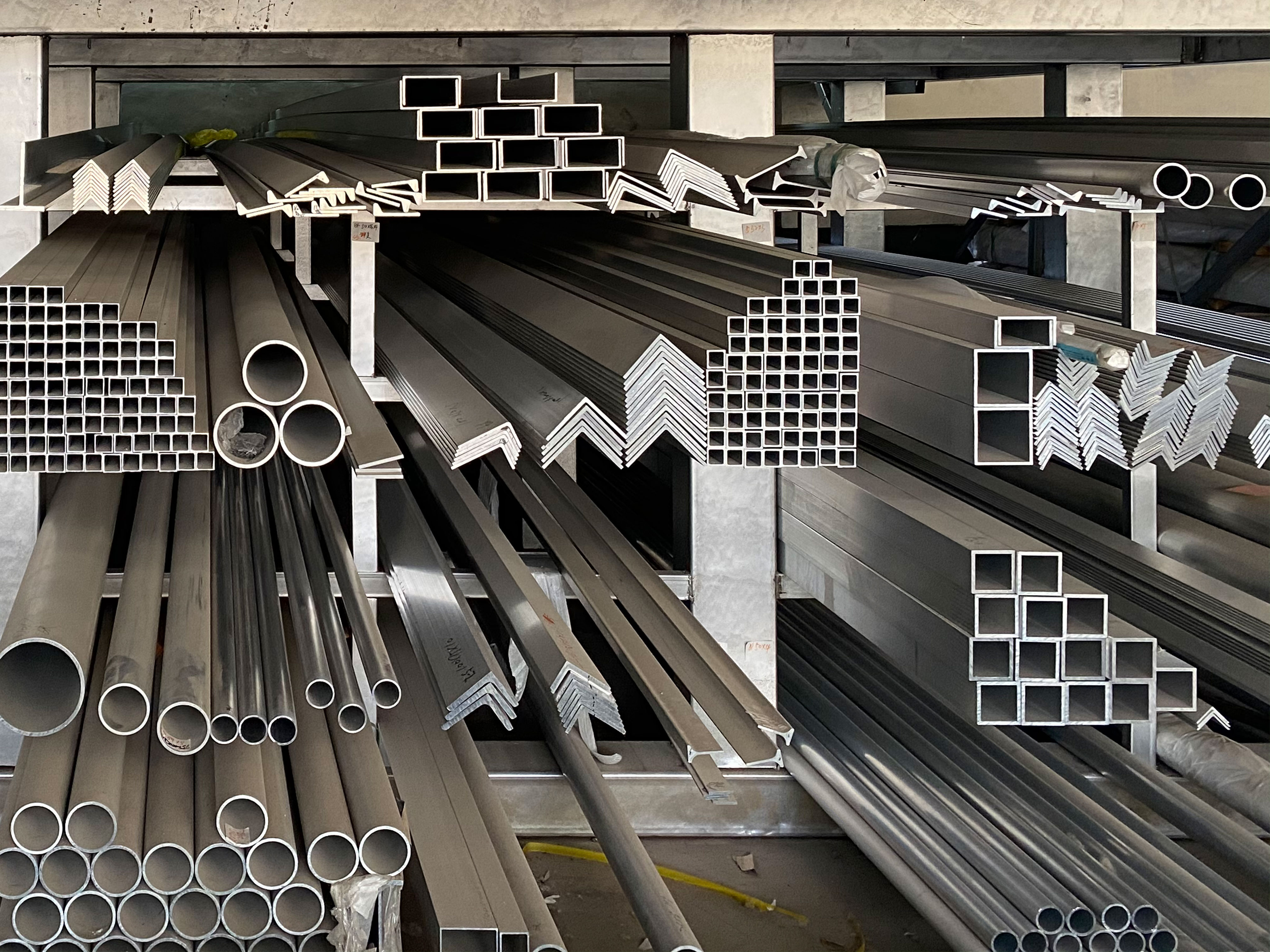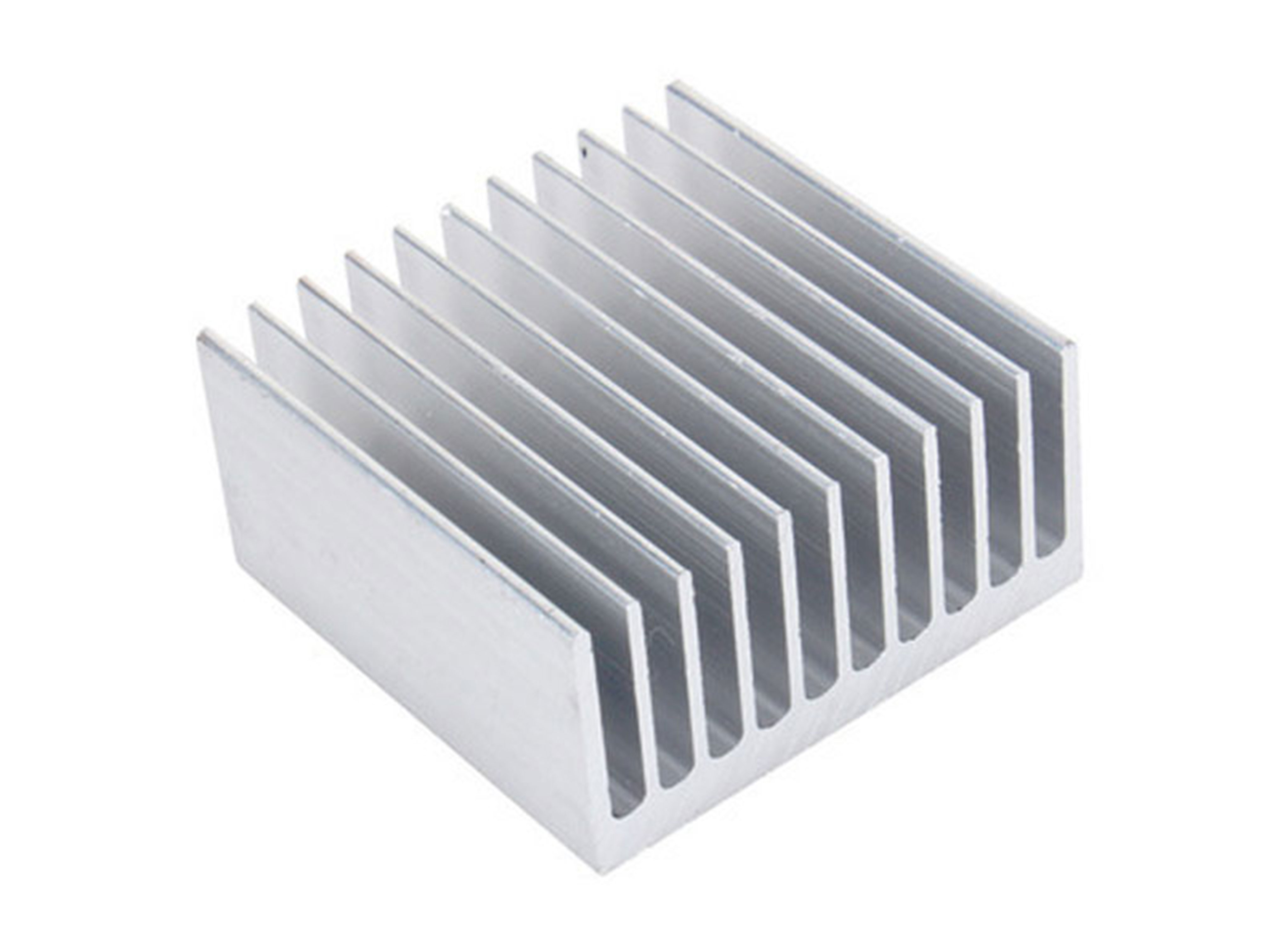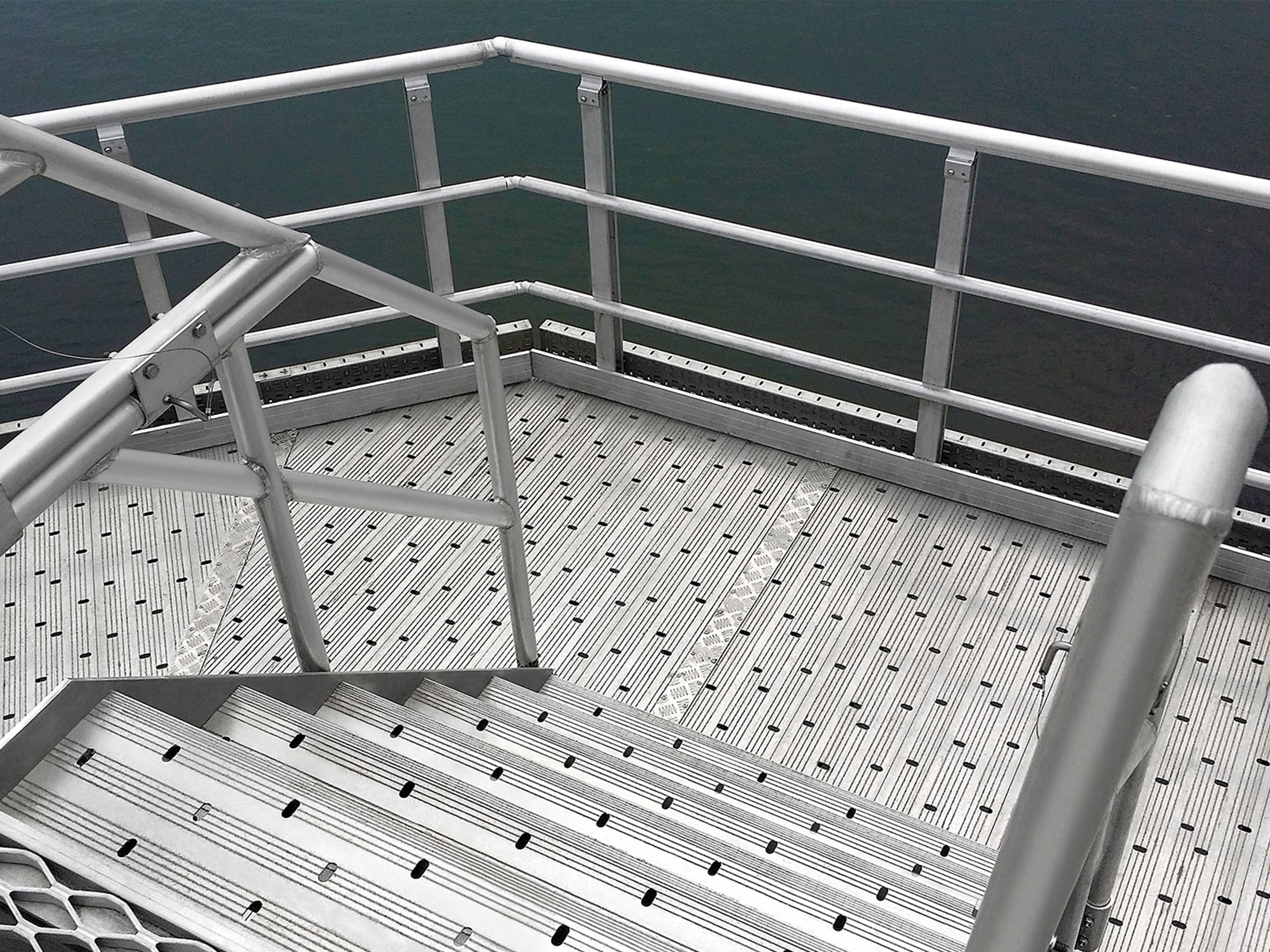Marine Aluminum Heat Sink Profile for Saltwater Resistant Electronics Cooling Systems
In the demanding environments faced by saltwater applications, effective thermal management is critical to ensuring the longevity and reliability of electronics. Marine Aluminum Heat Sink Profiles are specially designed extruded aluminum components that offer superior thermal conductivity, robust corrosion resistance, and mechanical strength suitable for marine and offshore electronics cooling systems.
Material Composition and Chemical Properties
The marine aluminum profiles are predominantly manufactured from high-grade aluminum alloys, such as 6061-T6 and 5083 H321, known for their excellent corrosion resistance in harsh saline environments.
| Alloy | Major Elements (%) | Mechanical Properties | Corrosion Resistance | Thermal Conductivity (W/m·K) |
|---|---|---|---|---|
| 6061-T6 | Al - balance, Mg - 1.0-1.5, Si - 0.4-0.8, Fe - max 0.7, Cu - 0.15-0.40 | Yield Strength: 275 MPa, Tensile Strength: 310 MPa | Good resistance in mildly saline waters; anodizing enhances resistance | ~167 |
| 5083 H321 | Al - balance, Mg - 4.0-4.9, Mn - 0.4-1.0, Cr - 0.05-0.25 | Yield Strength: 215 MPa, Tensile Strength: 317 MPa | Excellent resistance in marine and saltwater environments | ~130 |
Features in Chemical Composition:
- Magnesium (Mg): Increases strength and enhances corrosion resistance.
- Manganese (Mn): Works together with magnesium to enhance the alloy's durability under direct saltwater exposure.
- Chromium (Cr): Provides additional protection against corrosion and stress.
Features of Marine Aluminum Heat Sink Profiles
1. Superior Corrosion Resistance
Corrosion resistance is paramount when dealing with saltwater environments. The 5000-series alloys such as 5083-H321 are highly corrosion-resistant, especially against seawater, due to naturally forming stable oxide/hydroxide protective layers. Additionally, anodizing or specialized marine coatings can be applied to enhance surface protection.
2. High Thermal Conductivity
Aluminum alloys inherently have excellent thermal conductivity. The thermal performance of these profiles efficiently dissipates heat from high-power electronics, preventing overheating, thus improving performance and extending equipment life.
3. Lightweight and High Strength
Offering a perfect combination of rigidity and low mass, these aluminum profiles reduce overall system weight, an important consideration in marine vessels and offshore installations where weight savings translate to improved operational efficiency.
4. Customizable Extrusion Profiles
Marine aluminum heat sinks can be extruded into custom cross-sectional geometries optimized for specific thermal requirements, enhancing convective heat dissipation while conforming to space constraints.
5. Easy Fabrication and Integration
Profiles are machined or cut to tailored lengths and are compatible with a variety of electronic component assembly techniques — including press fittings, thermal adhesive applications, and mechanical fasteners.
6. Eco-Friendly and Recyclable
Aluminum materials feature low environmental impact due to their recyclability, supporting sustainable manufacture and lifecycle management in marine industries.
Applications in Saltwater Resistant Electronics Cooling Systems
Marine Vessel Electronics: Power converters, control units, and communication devices onboard ships utilize these heat sink profiles to maintain operational temperature within optimal ranges.
Offshore Platforms: Heat sinks protect instrumentation and control electronics placed in offshore drilling rigs, ensuring resistance to harsh atmospheric and marine conditions.
Submarine and Underwater Vehicles: The profiles provide passive heat dissipation critical to compact underwater device designs where active cooling is limited.
Renewable Marine Energy Systems: Offshore wind turbines, tidal turbines, and wave energy converters use marine aluminum heat sinks for electrical/electronic systems exposed to saltwater and high humidity.
Harsh Coastal Installations: Feet-mounted outdoor enclosures housing telecom repeaters and sensors use these heat sinks to keep electronics cool and protect against salt-laden air corrosion.
Table: Typical Thermal and Mechanical Performance of Marine Aluminum Heat Sink Profiles
| Parameter | Value (6061-T6) | Value (5083 H321) | Unit |
|---|---|---|---|
| Thermal Conductivity | 167 | 130 | W/m·K |
| Density | 2.70 | 2.66 | g/cm³ |
| Tensile Strength | 310 | 317 | MPa |
| Yield Strength | 275 | 215 | MPa |
| Elongation at break | 12 | 16 | % |
| Corrosion resistance | Moderate to Good | Excellent | Qualitative |
| Surface Finish | Matte to polished | Matte to polished | N/A |
| Operating Temperature | -40 to +150 | -40 to +150 | °C |
Selecting the Right Heat Sink Profile
Choosing between 6061-T6 and 5083-H321 should consider both mechanical and corrosion resistance criteria relative to the marine system environment:
Use 6061-T6: When greater mechanical strength and better machinability for custom complex profiles are prioritized, and airflow cooling is sufficient.
Use 5083 H321: When exposure to severe and continuous saltwater splashes is anticipated, and corrosion resistance is critical.
Related Products
Marine aluminum fencing and railings
Marine Grade Aluminum Fencing and Railings are fabricated using marine-grade aluminum alloys such as 5083, 5052, and 6061, which are engineered specifically for protection against saltwater corrosion and marine atmospheric conditions.
View DetailsMarine aluminum heat sink profile
Marine Grade Aluminum Heat Sink Profiles utilize alloys such as 6061 and 6063 that not only exhibit high thermal conductivity but also possess excellent corrosion resistance required for saltwater exposure.
View DetailsMarine aluminum customized shapes
Marine Grade Aluminum Customized Shapes encompass a broad range of aluminum extrusions and fabrications engineered beyond standard profiles—such as channels, angles, tubes, and beams—into complex, project-specific geometries.
View DetailsRelated Blog
Marine Aluminum Heat Sink Profile for High Performance Heat Transfer in Coastal Equipment
High-performance Marine Aluminum Heat Sink Profile specially engineered for coastal equipment, offering superior corrosion resistance, thermal conductivity, and durability to ensure optimal heat transfer even in harsh marine environments.
View Details6061 Marine Aluminum Heat Sink Profile for Custom Boat and Ship Engine Cooling
Explore the superior cooling efficiency of 6061 Marine Aluminum Heat Sink Profiles, engineered for custom boat and ship engines. detailed specifications, temper types, chemical properties, standards compliance, and advanced corrosion resistance features o
View DetailsMarine Aluminum Heat Sink Profile for Saltwater Resistant Electronics Cooling Systems
In the demanding environments faced by saltwater applications, effective thermal management is critical to ensuring the longevity and reliability of electronics.
View Details6061 Marine Aluminum Customized Shapes for Lightweight Offshore Platform Design
Explore how 6061 marine aluminum customized shapes offer superior strength, corrosion resistance, and lightweight characteristics essential for innovative offshore platform design, enabling robust and efficient marine structures.
View Details5052 Marine Aluminum Customized Shapes for High Strength Offshore Platforms
Superior qualities of 5052 Marine Aluminum, a high-strength material ideal for customized shapes used in offshore platforms. Learn about its key features, applications, and technical specifications.
View Details6063 Marine Aluminum Heat Sink Profile for Seawater Resistant Cooling Systems for Boats
When it comes to boats and marine systems, efficient heat dissipation combined with exceptional corrosion resistance is crucial for reliable operations.
View Details











Leave a Message